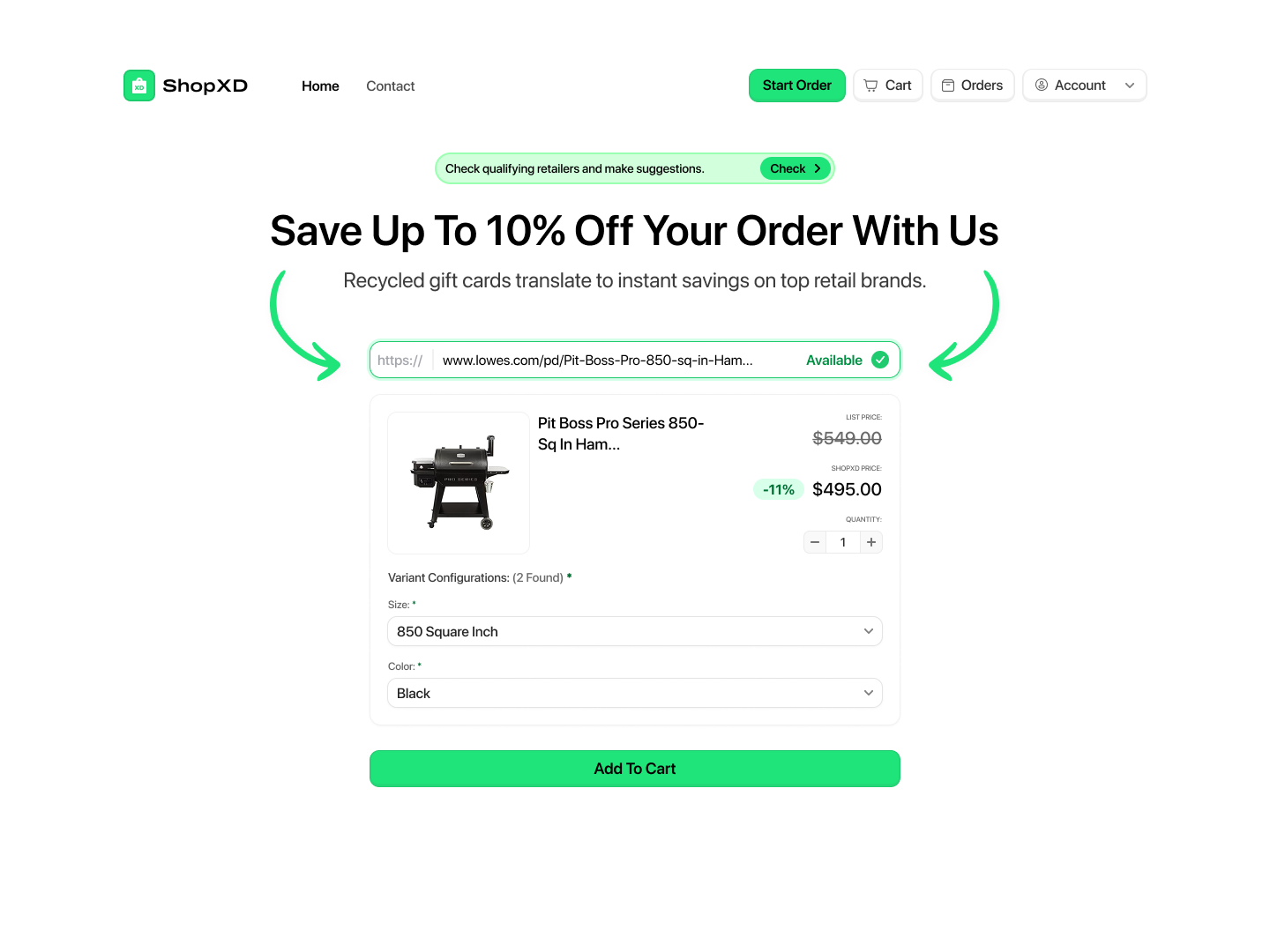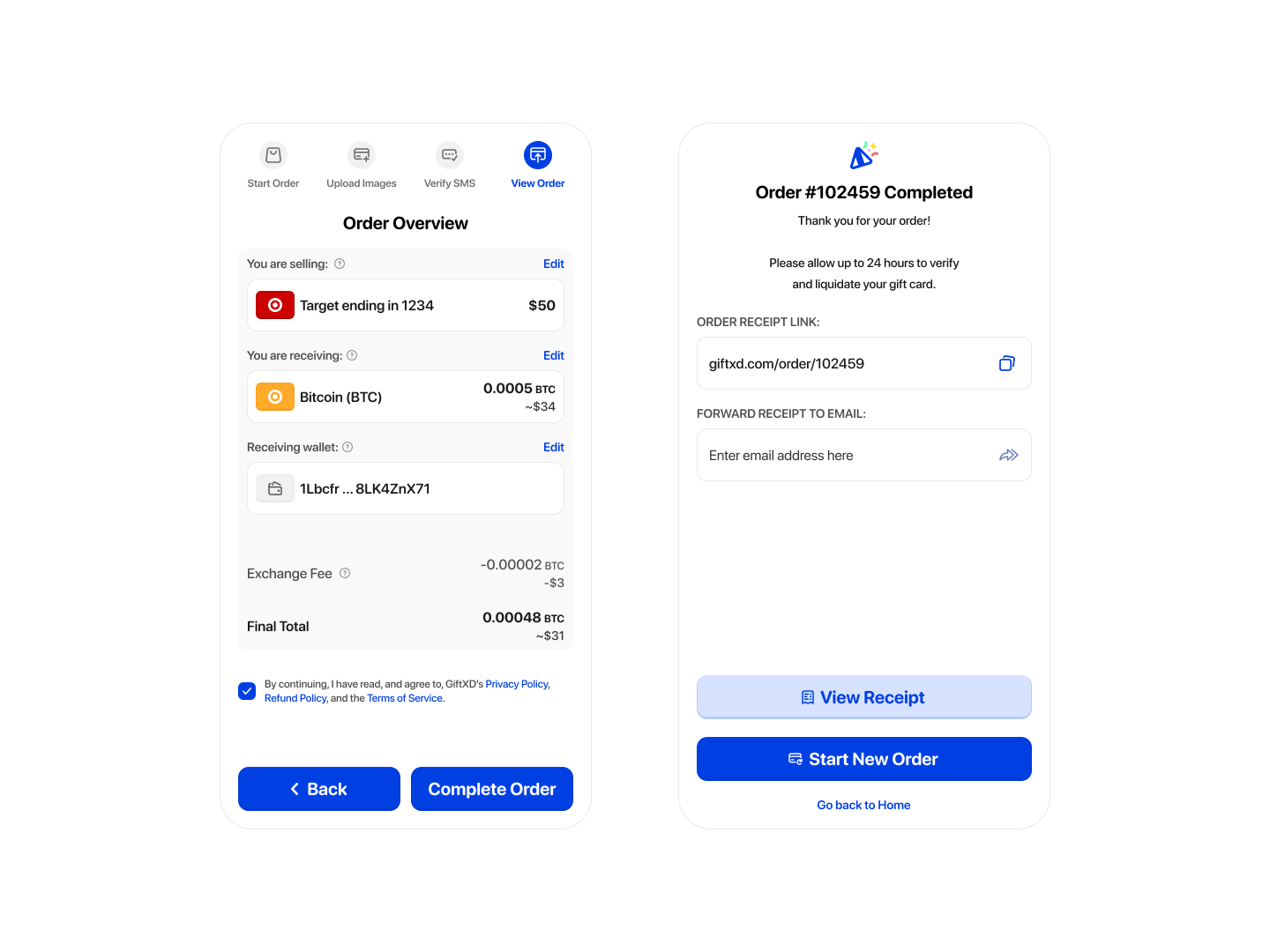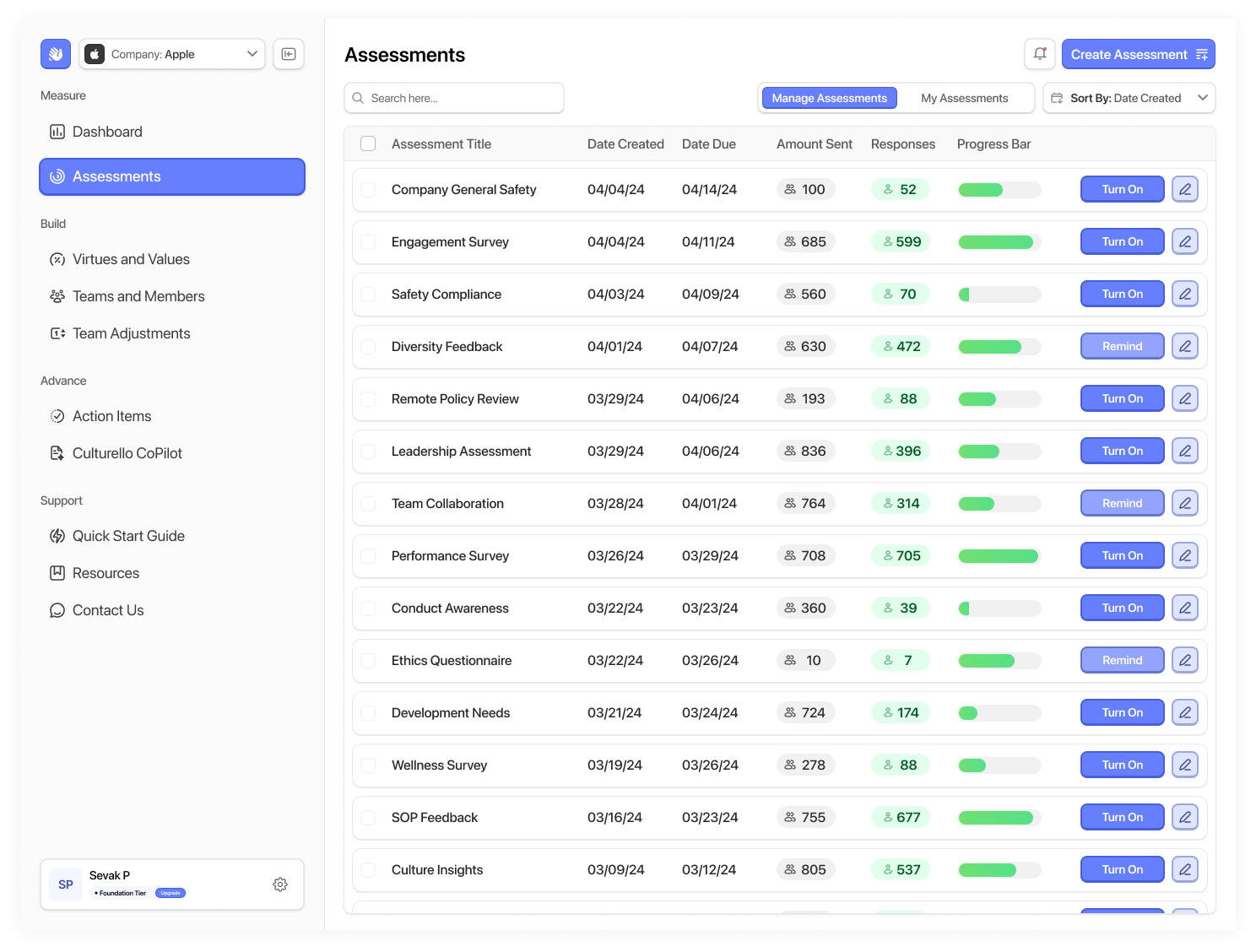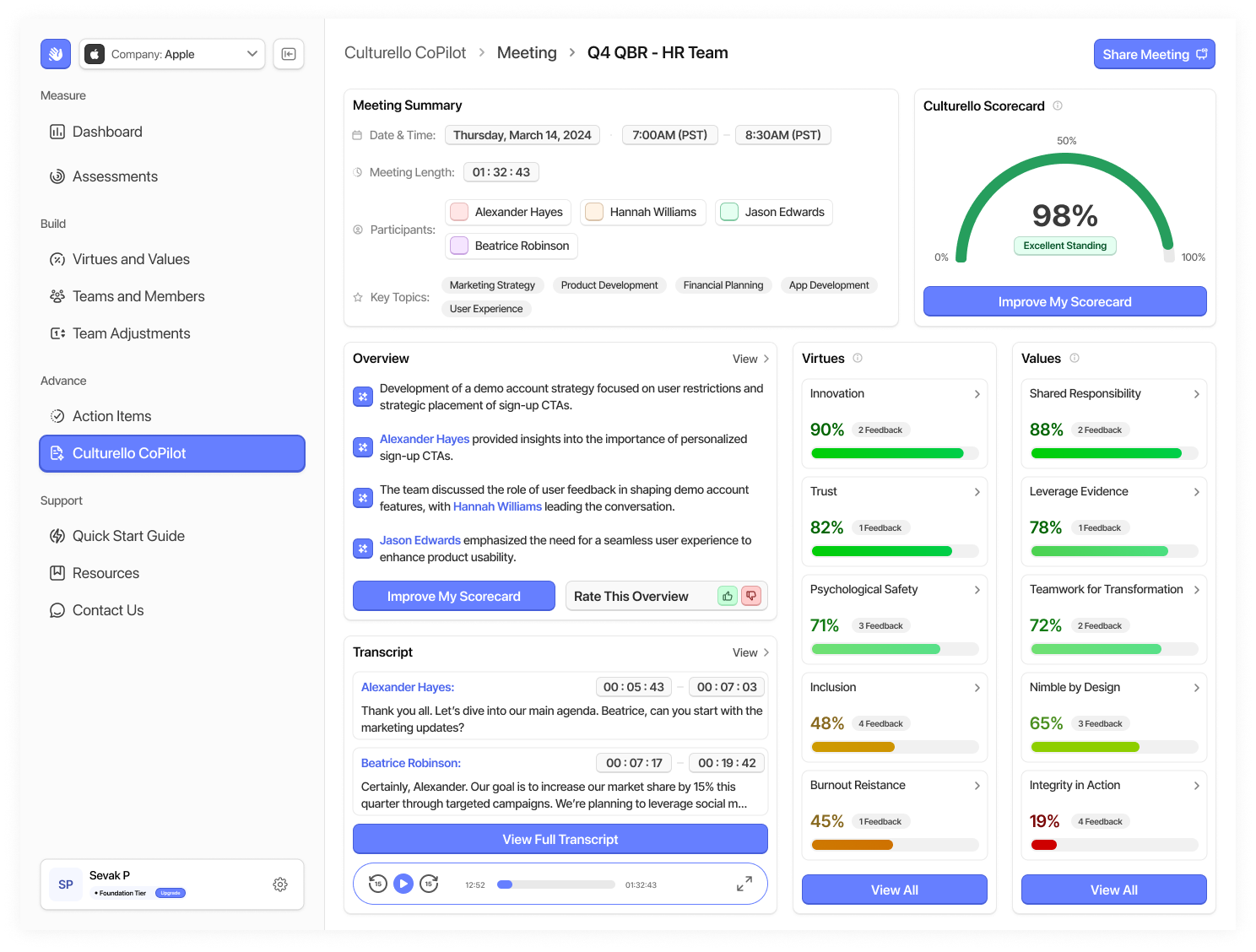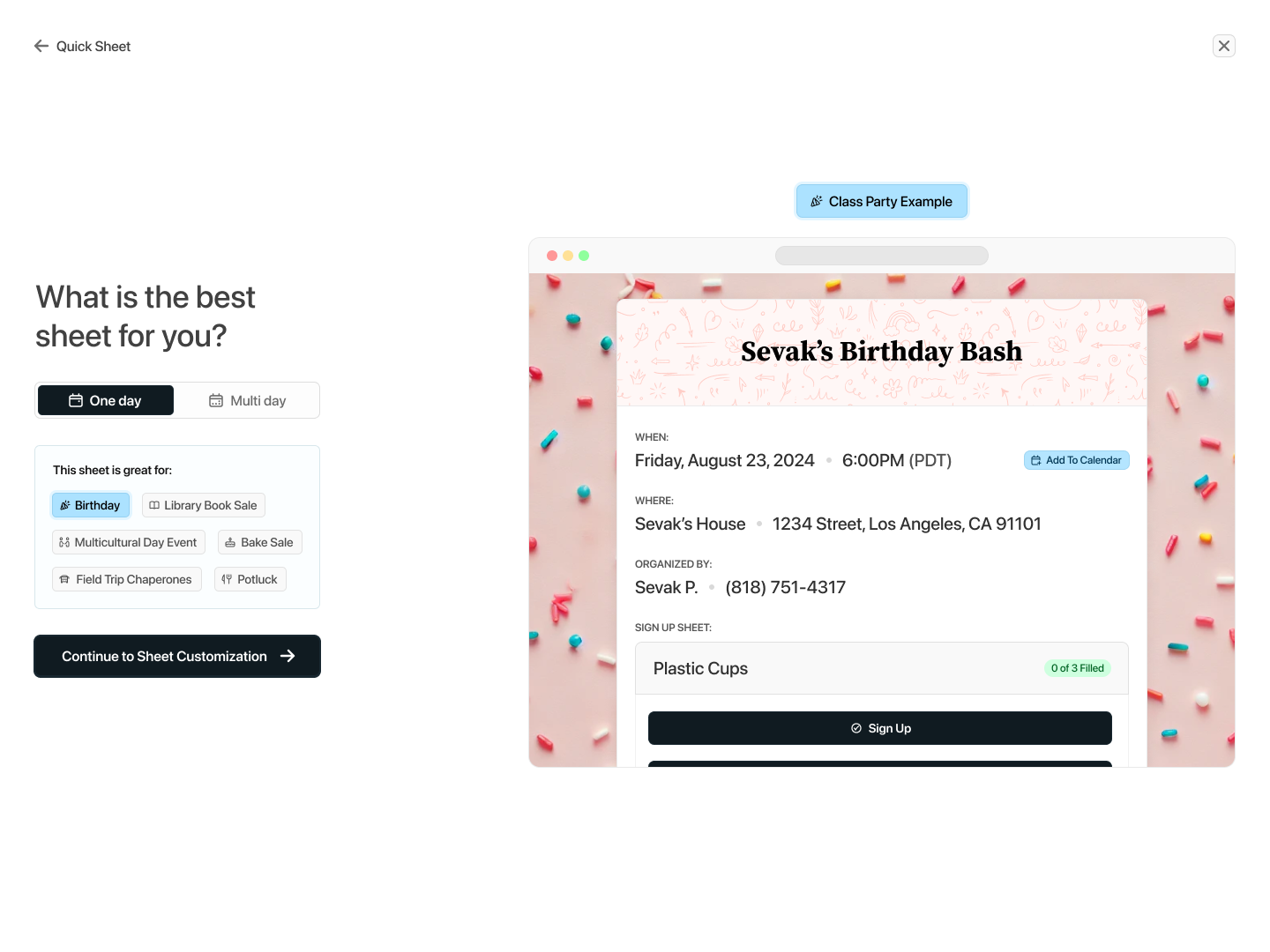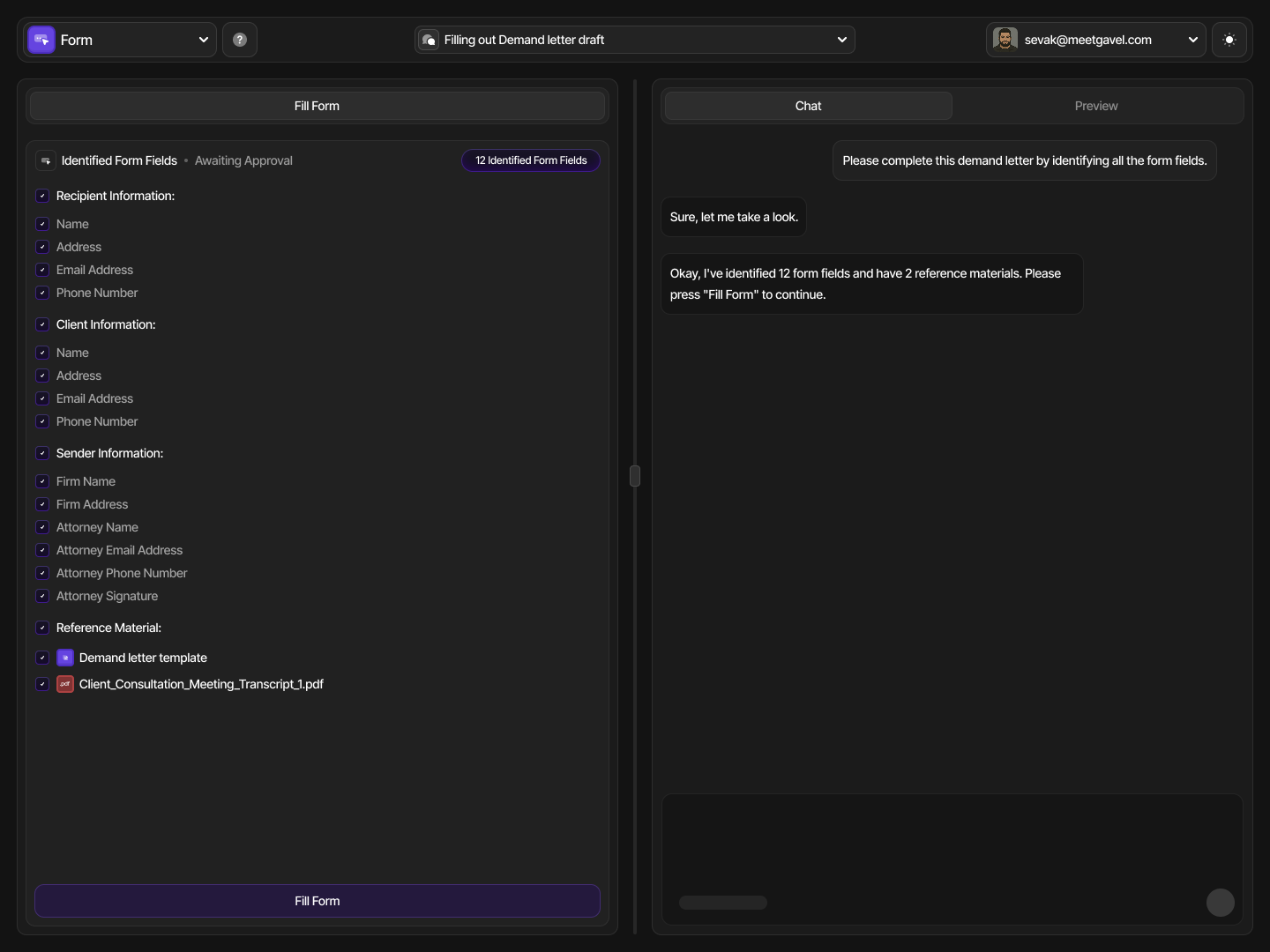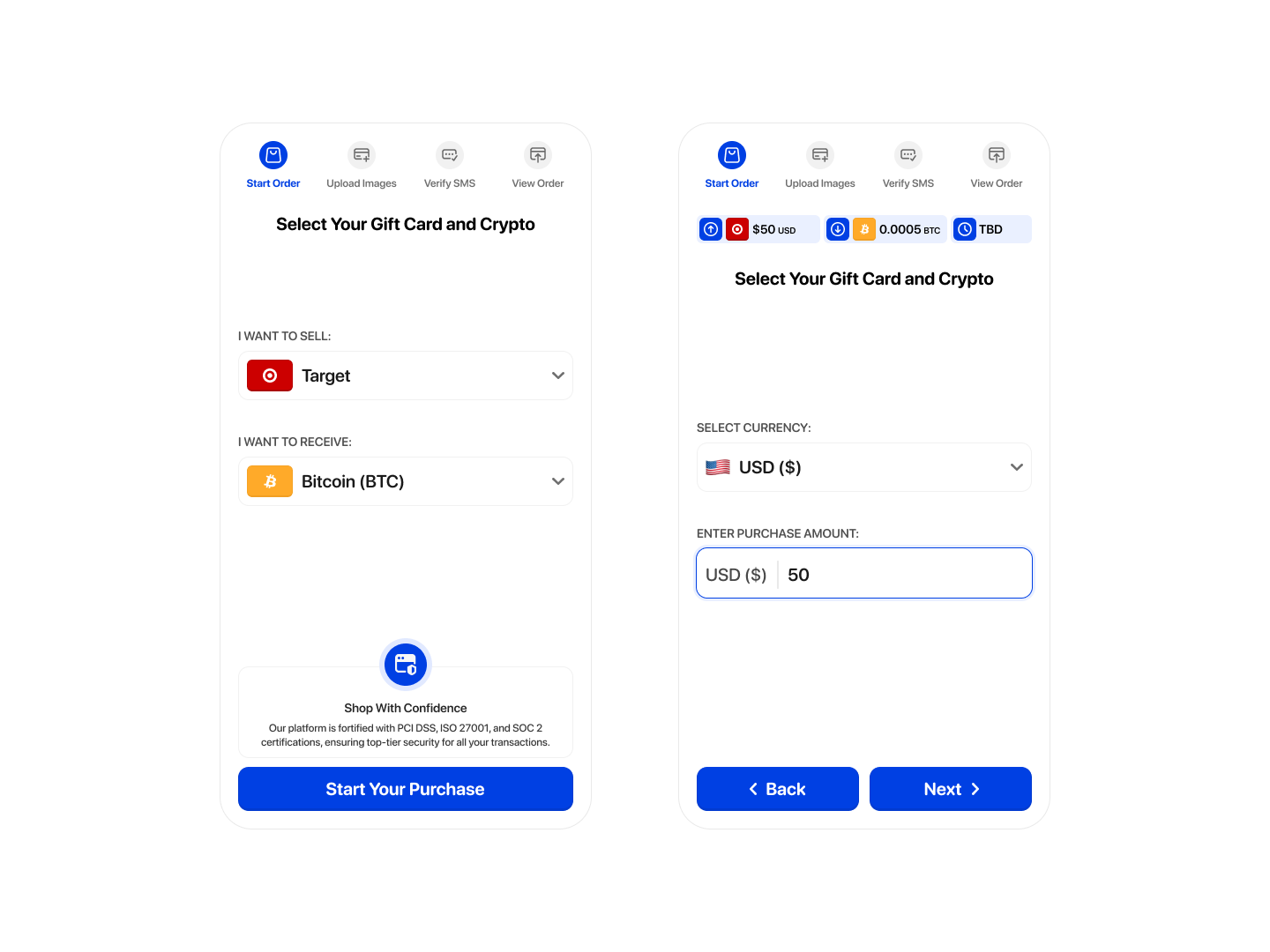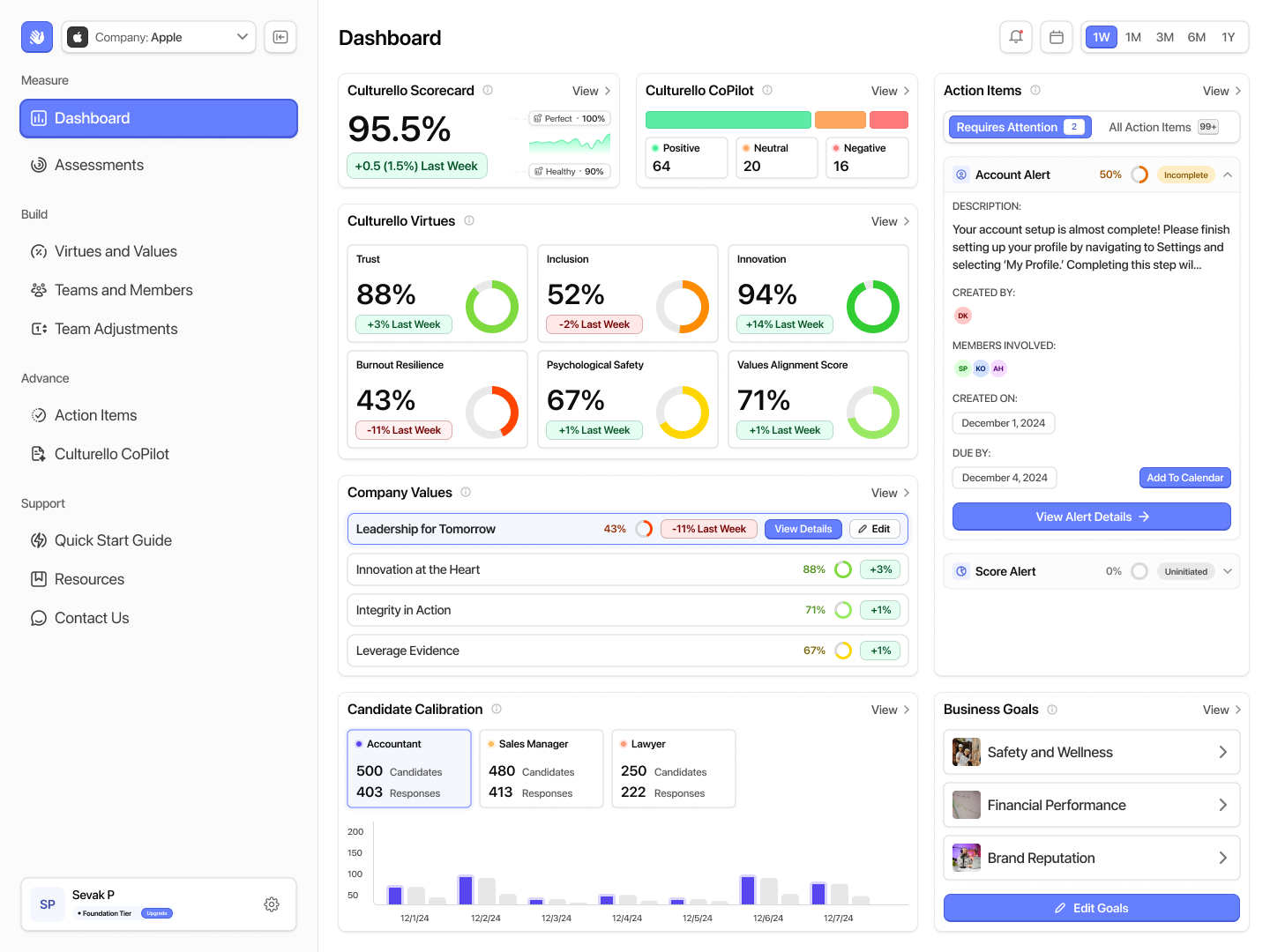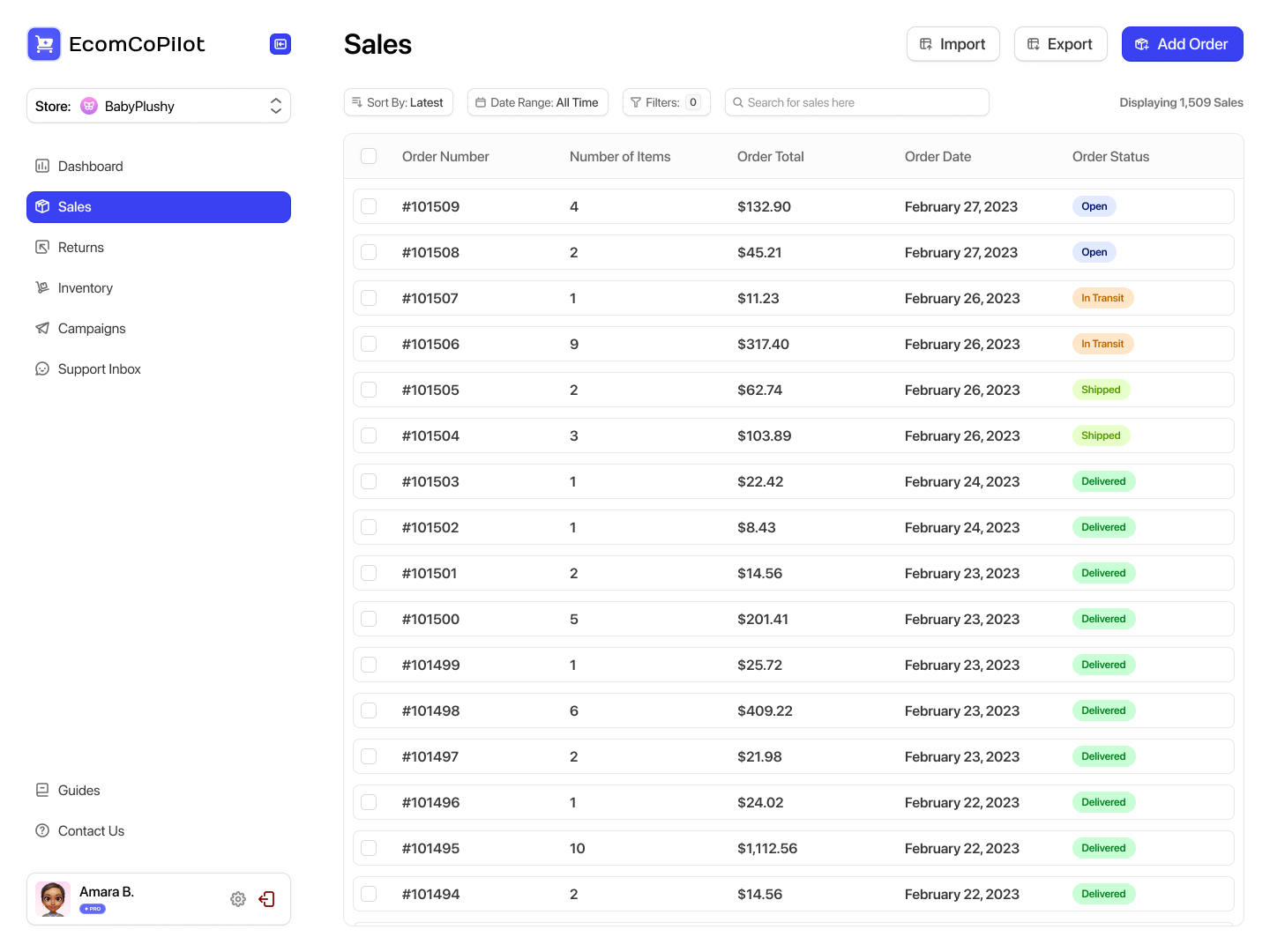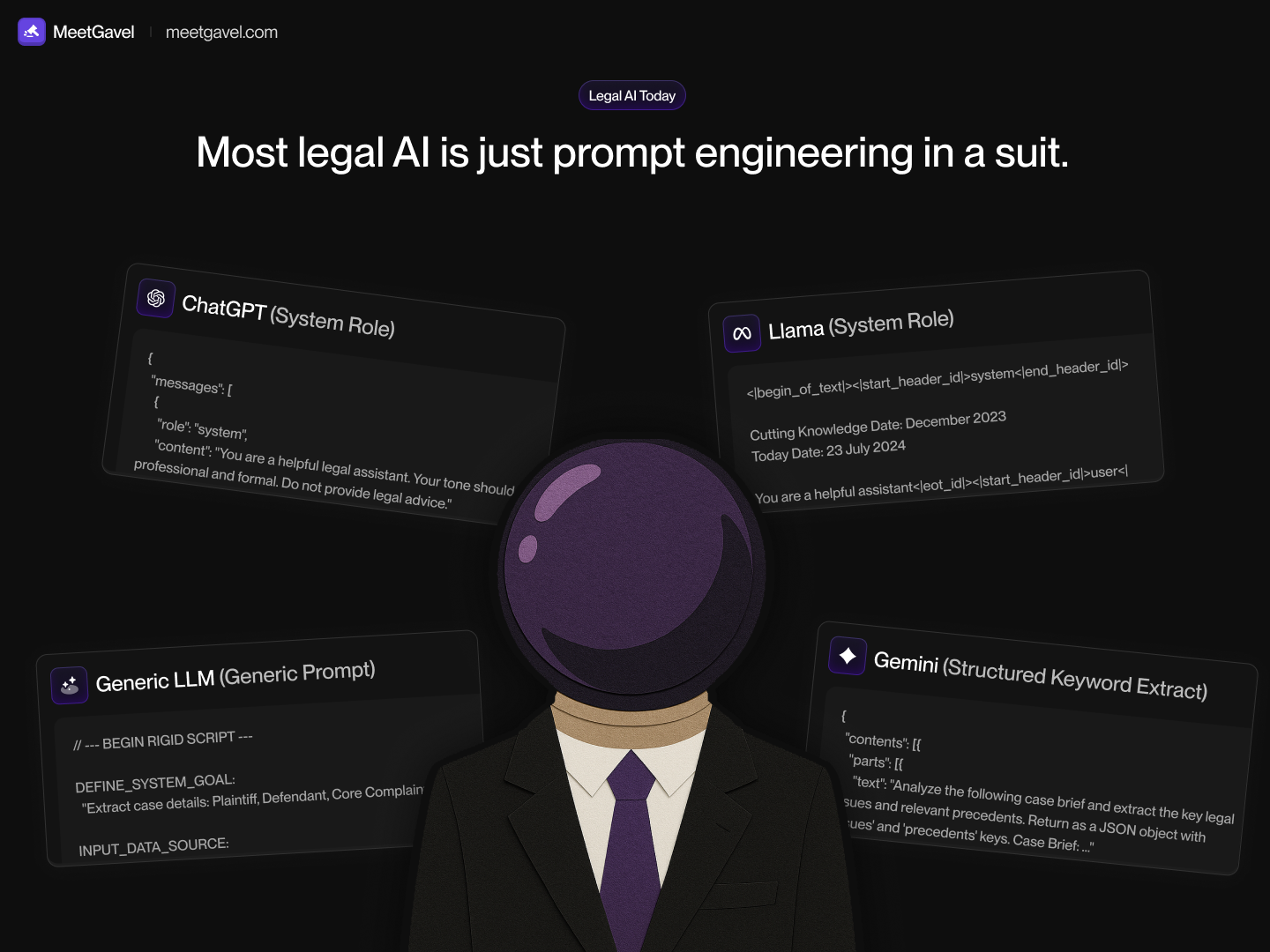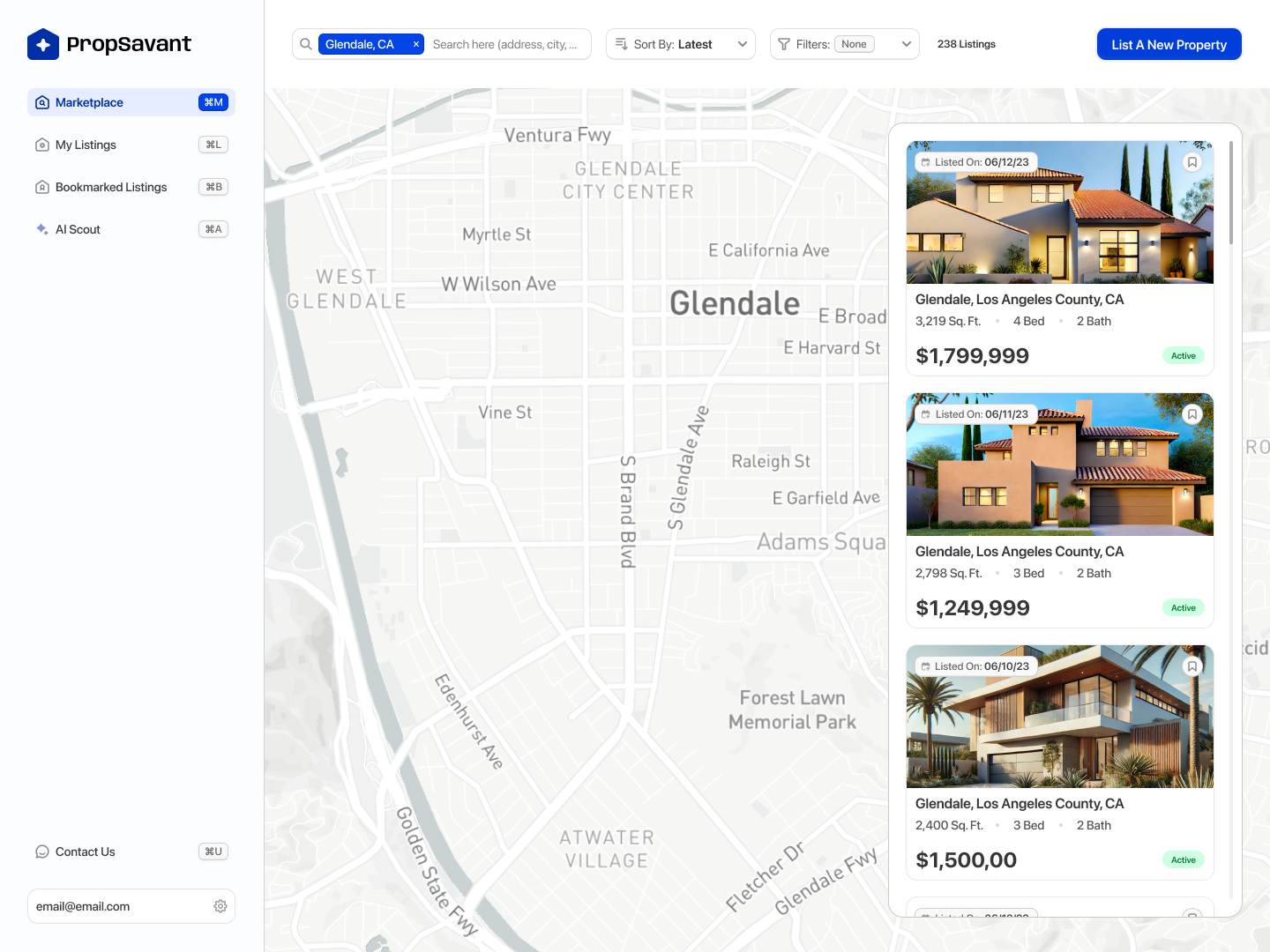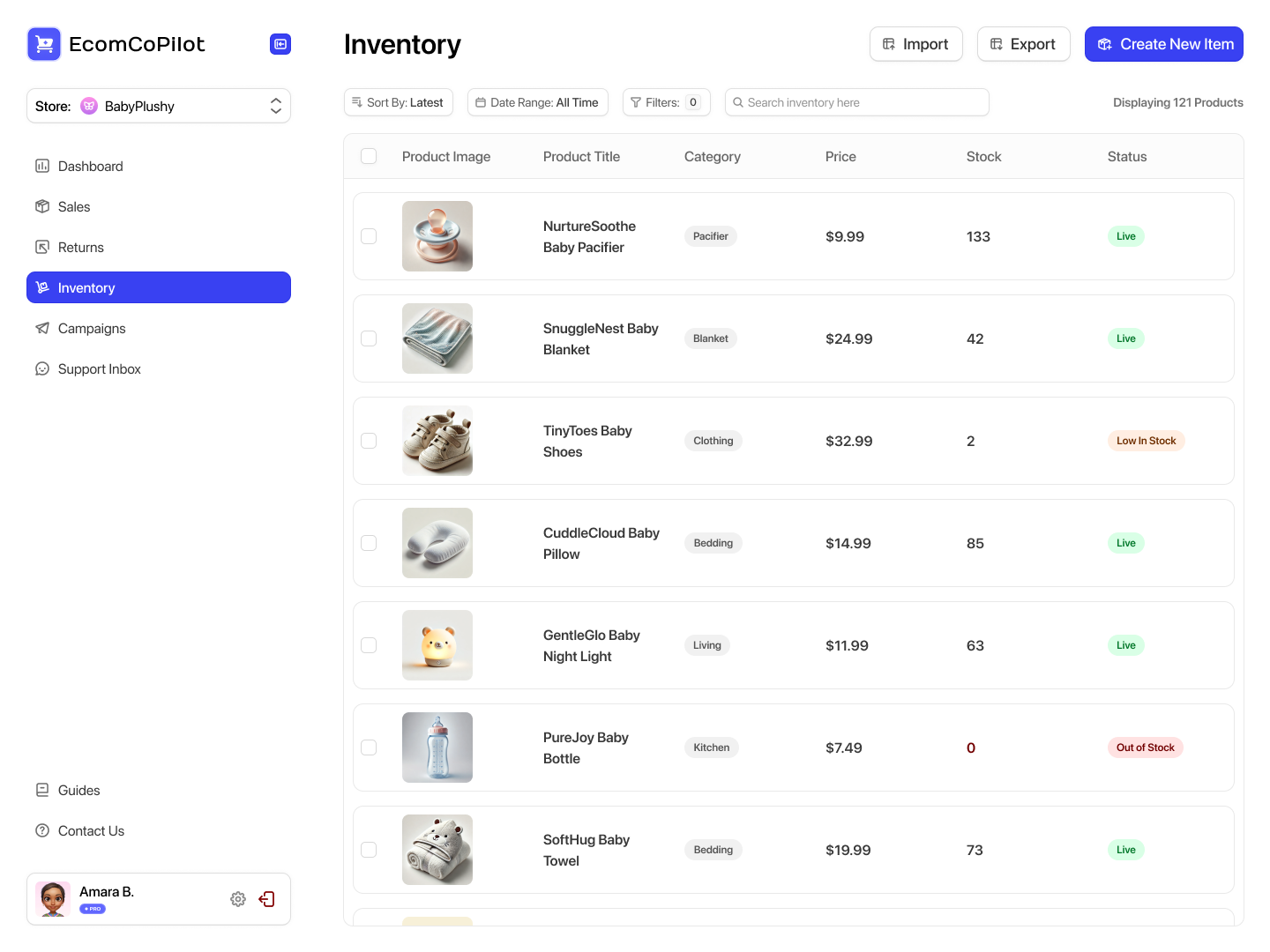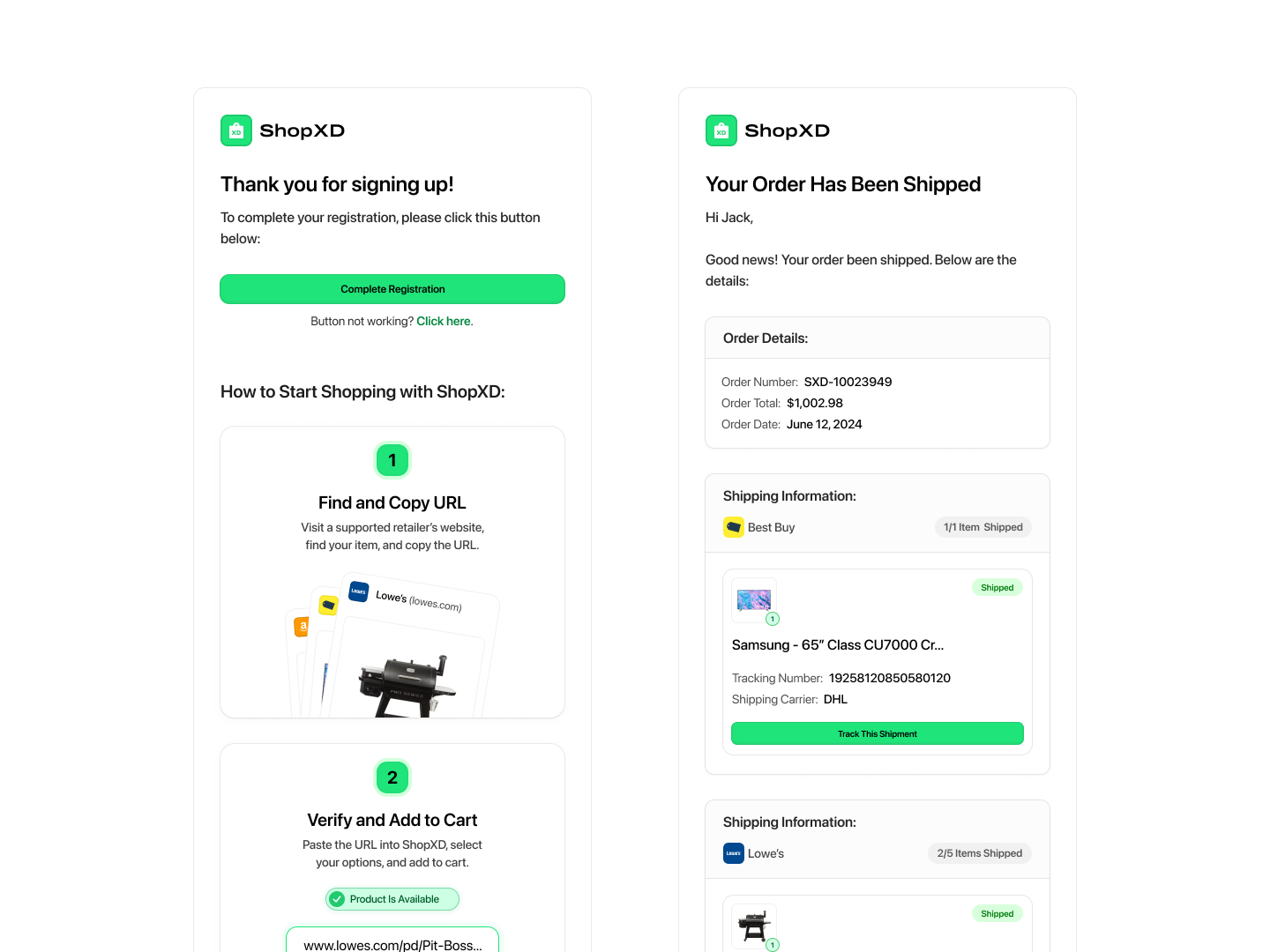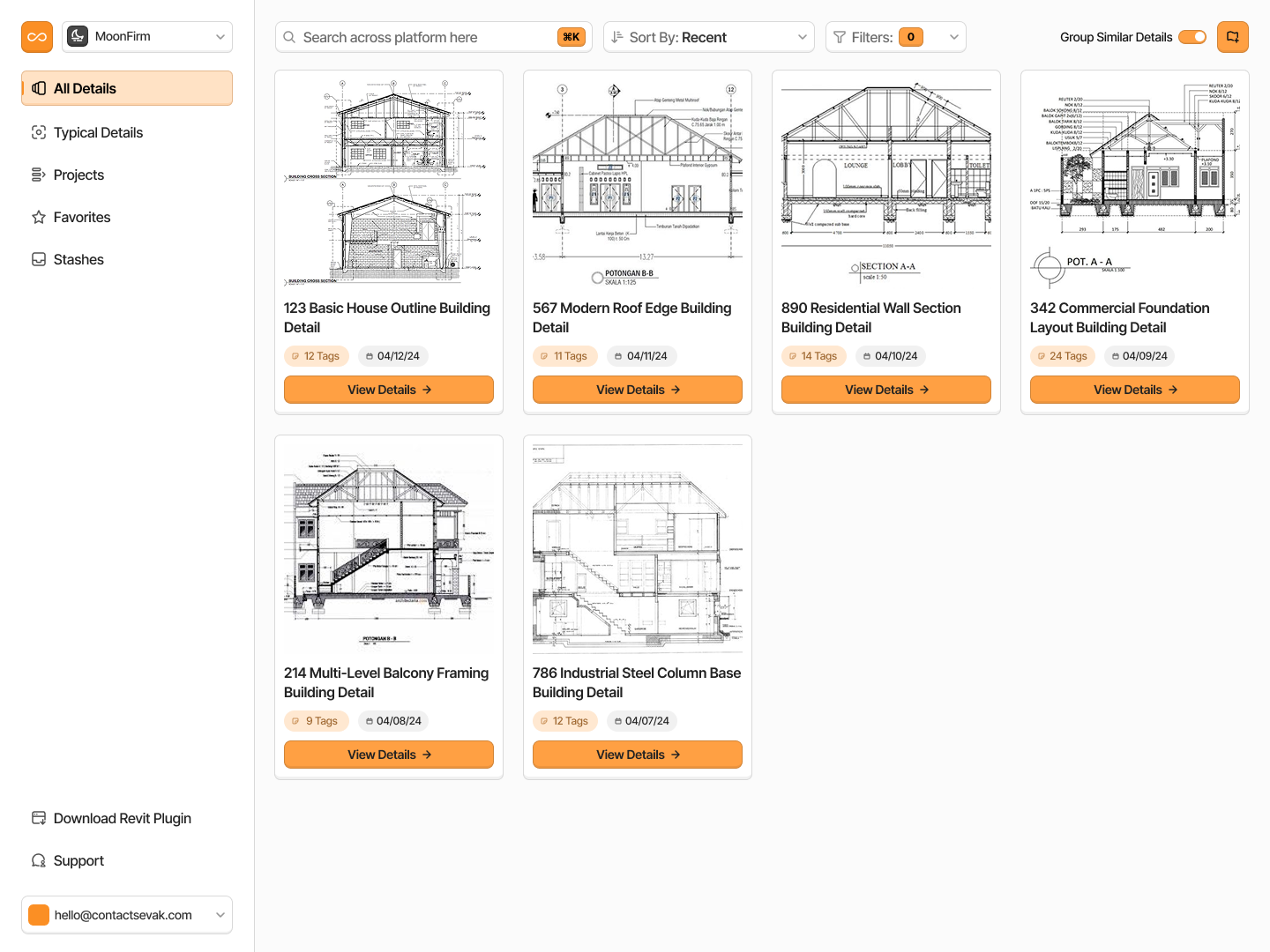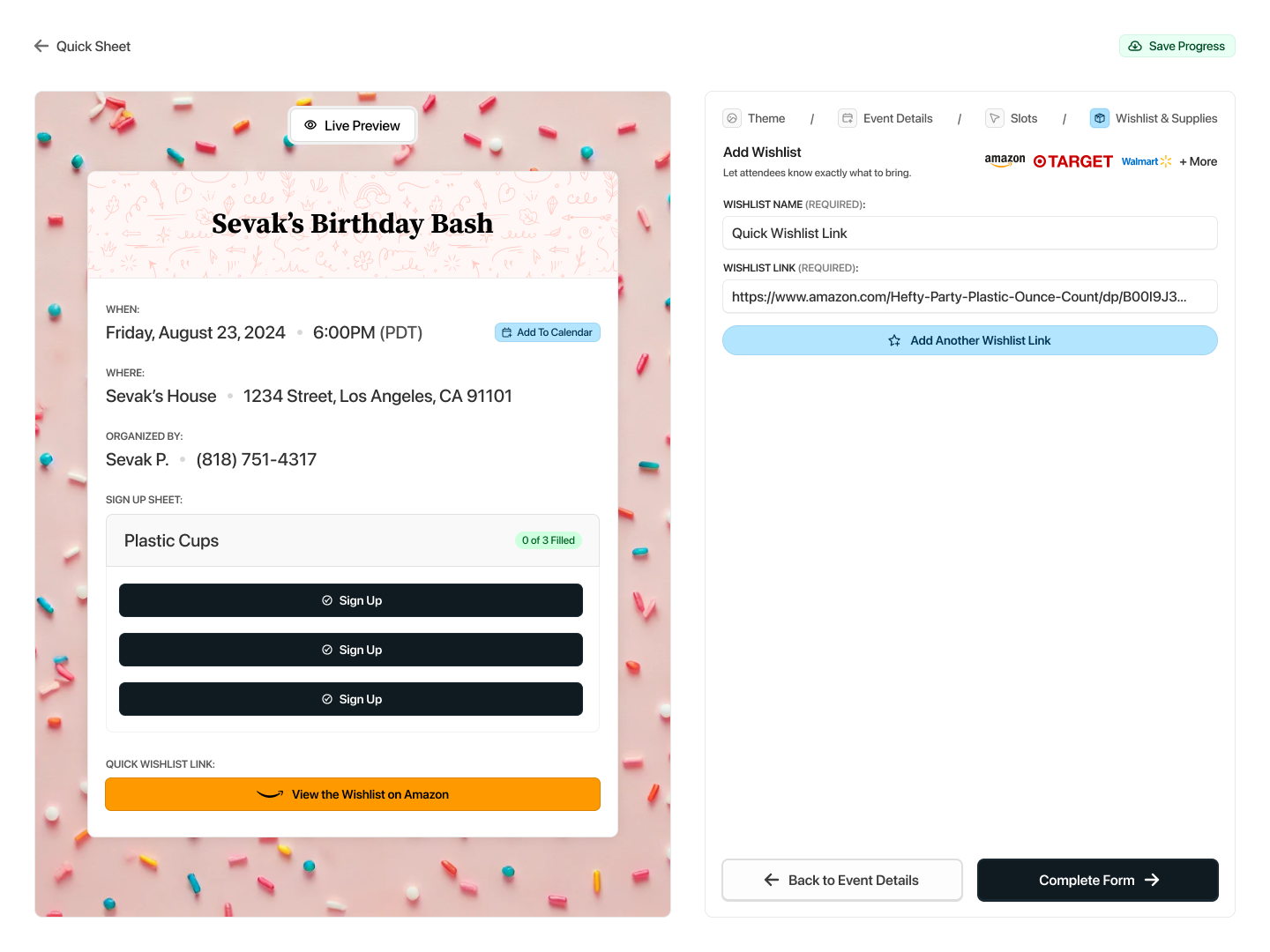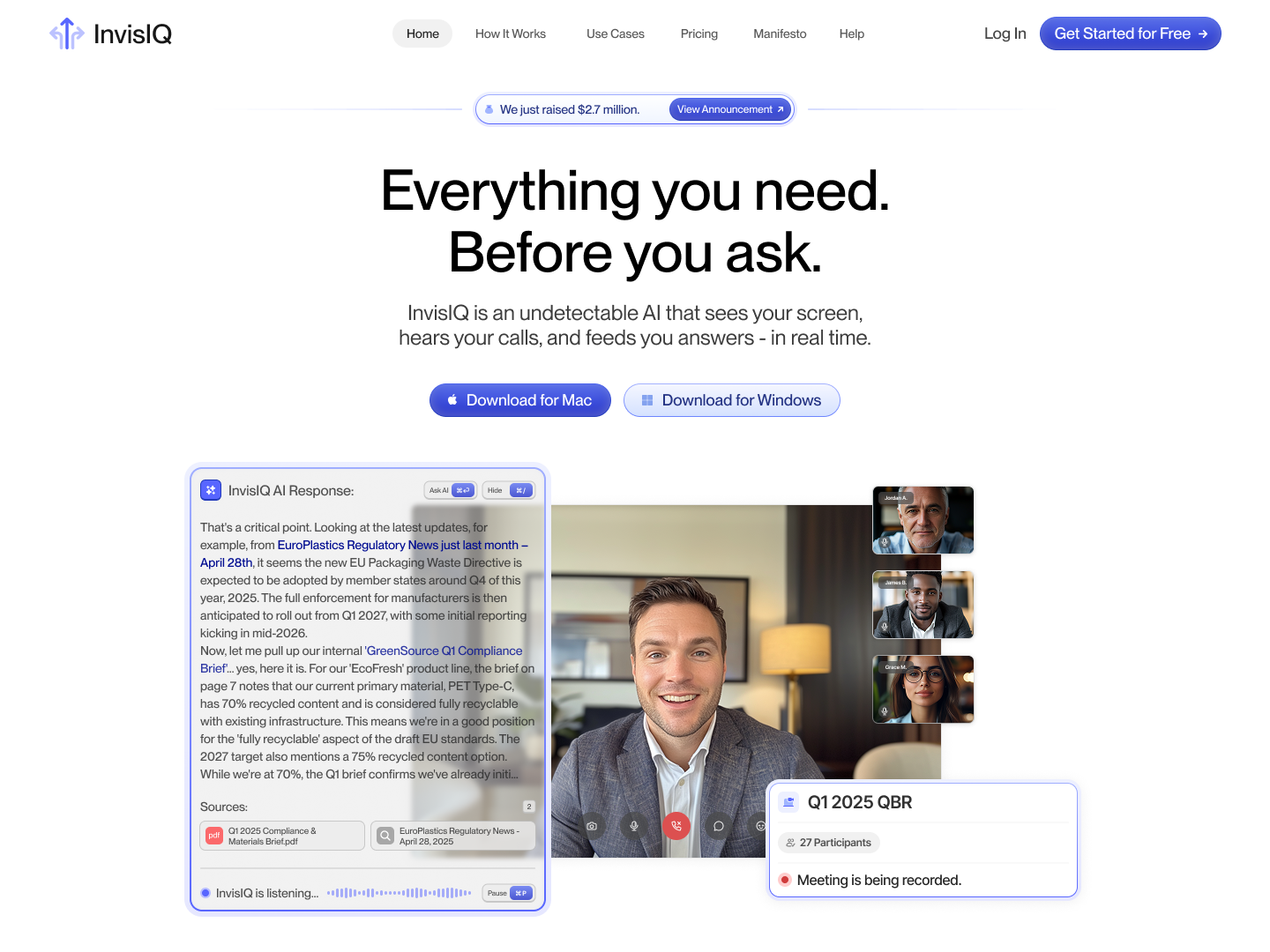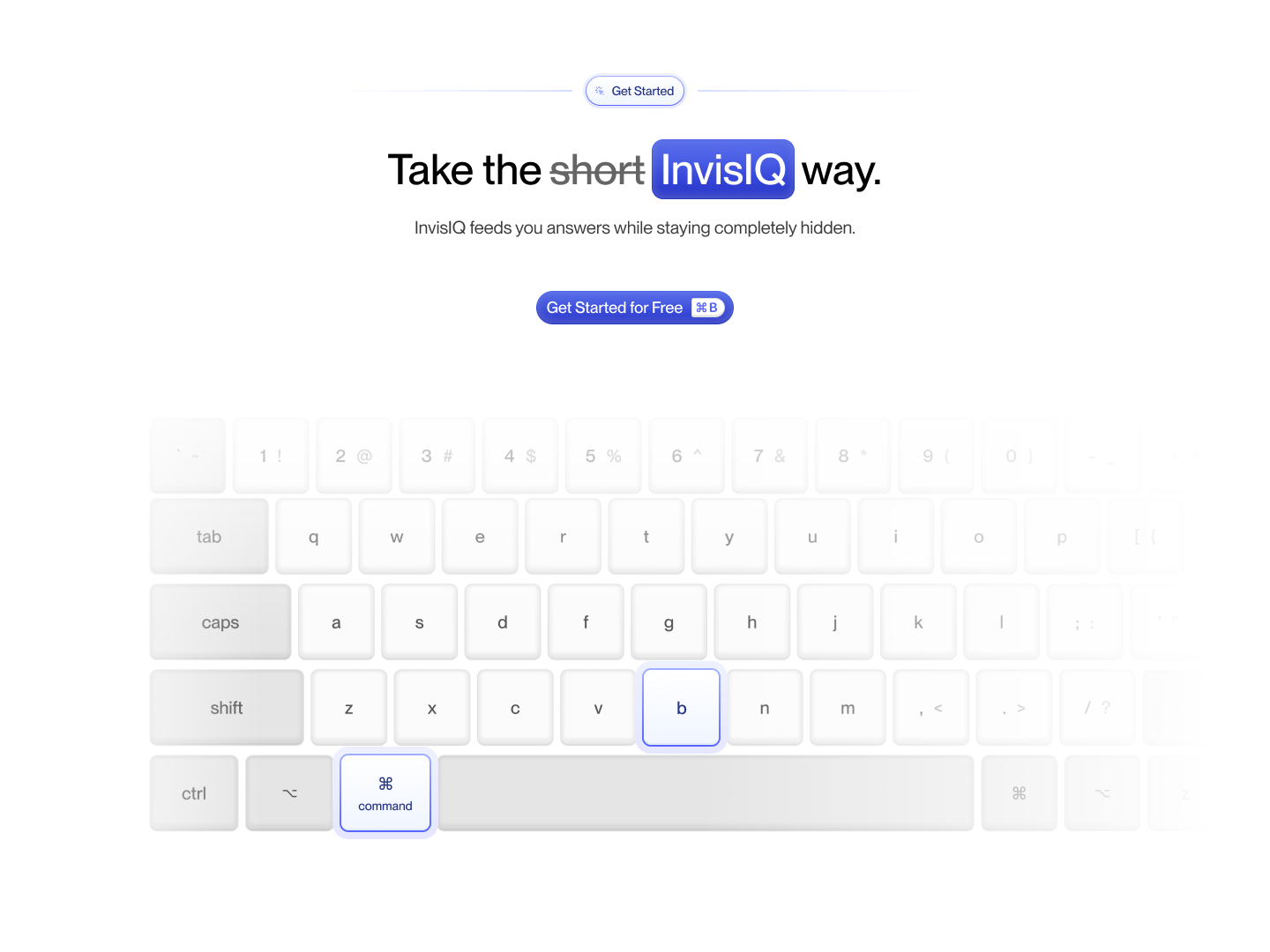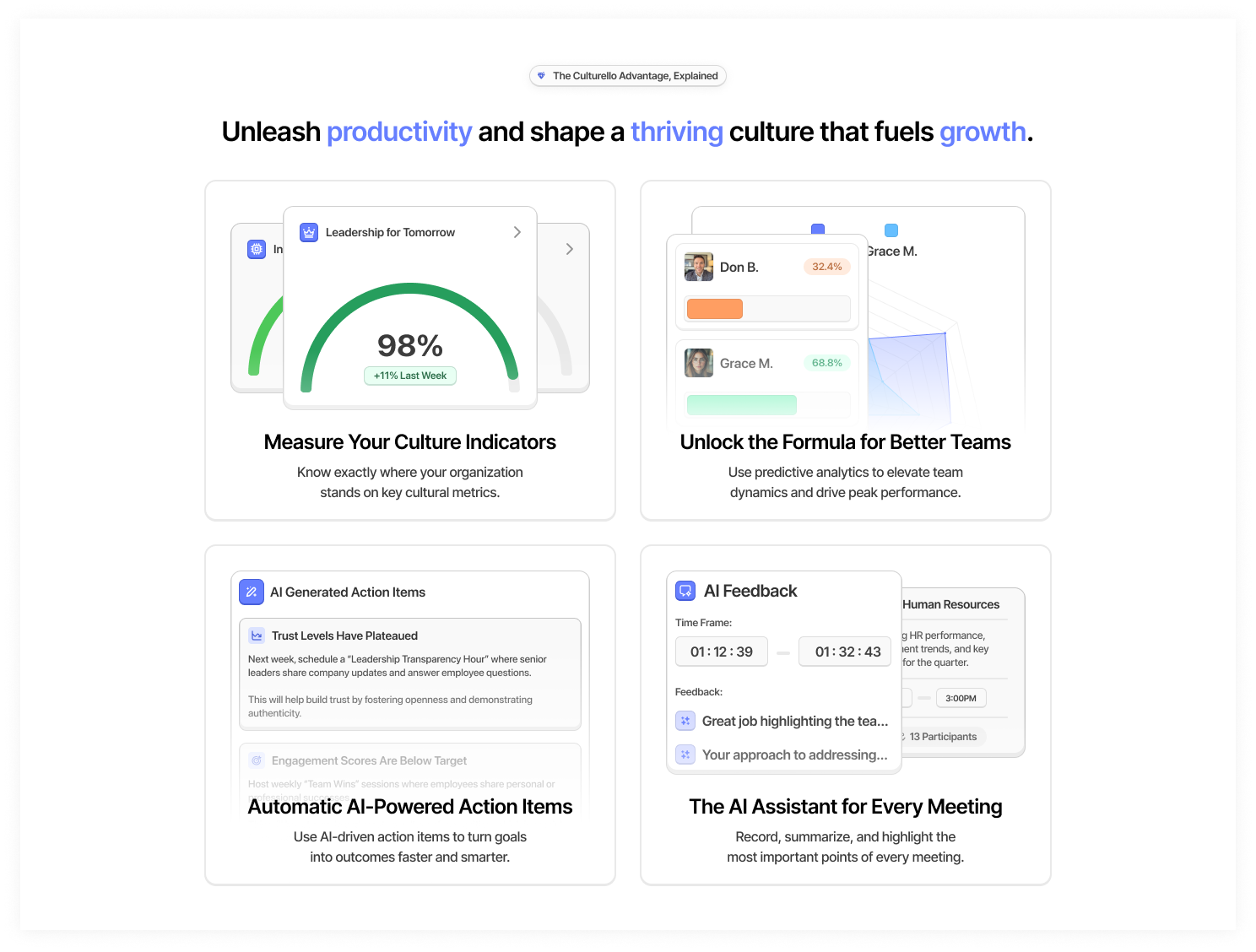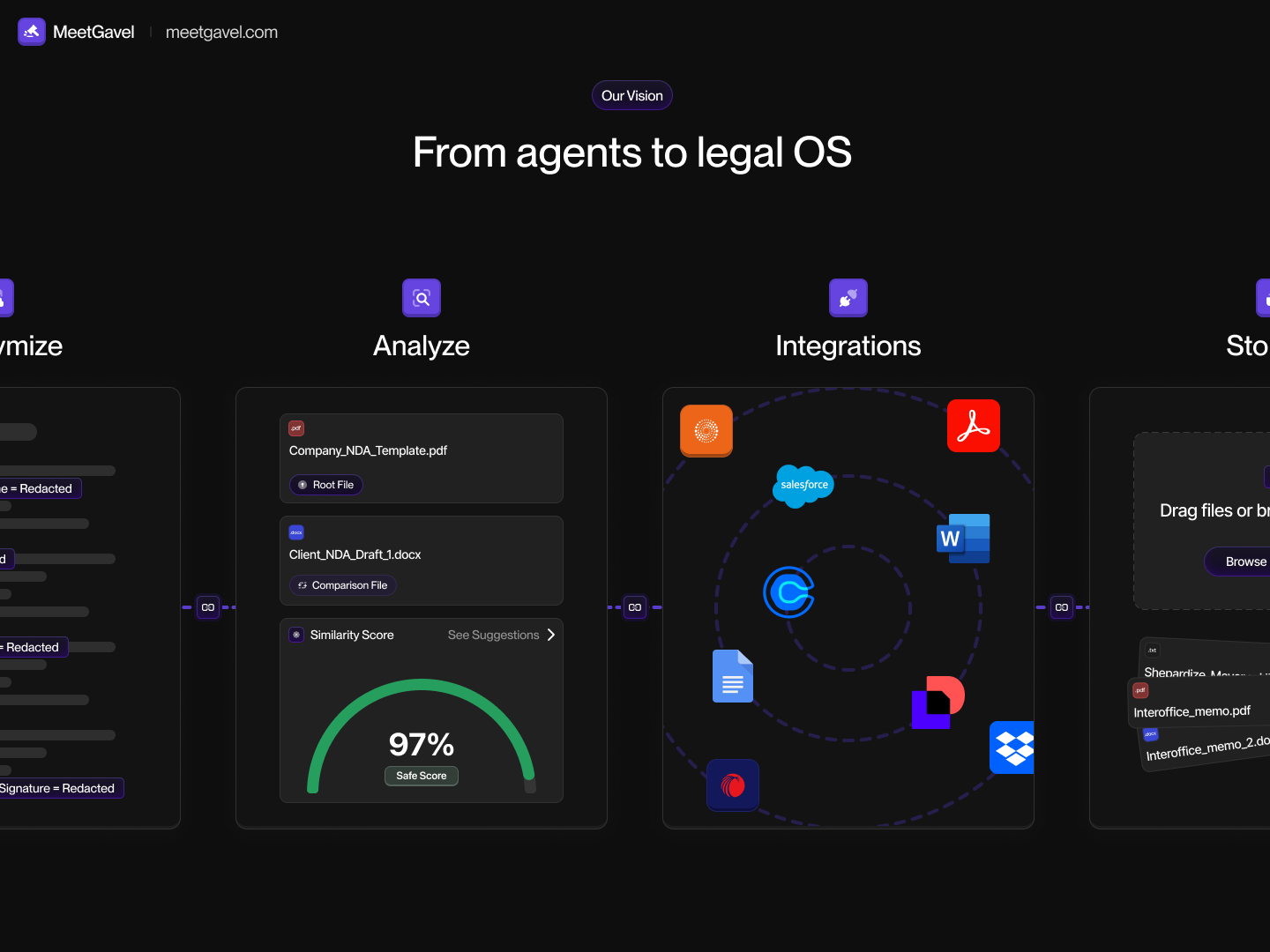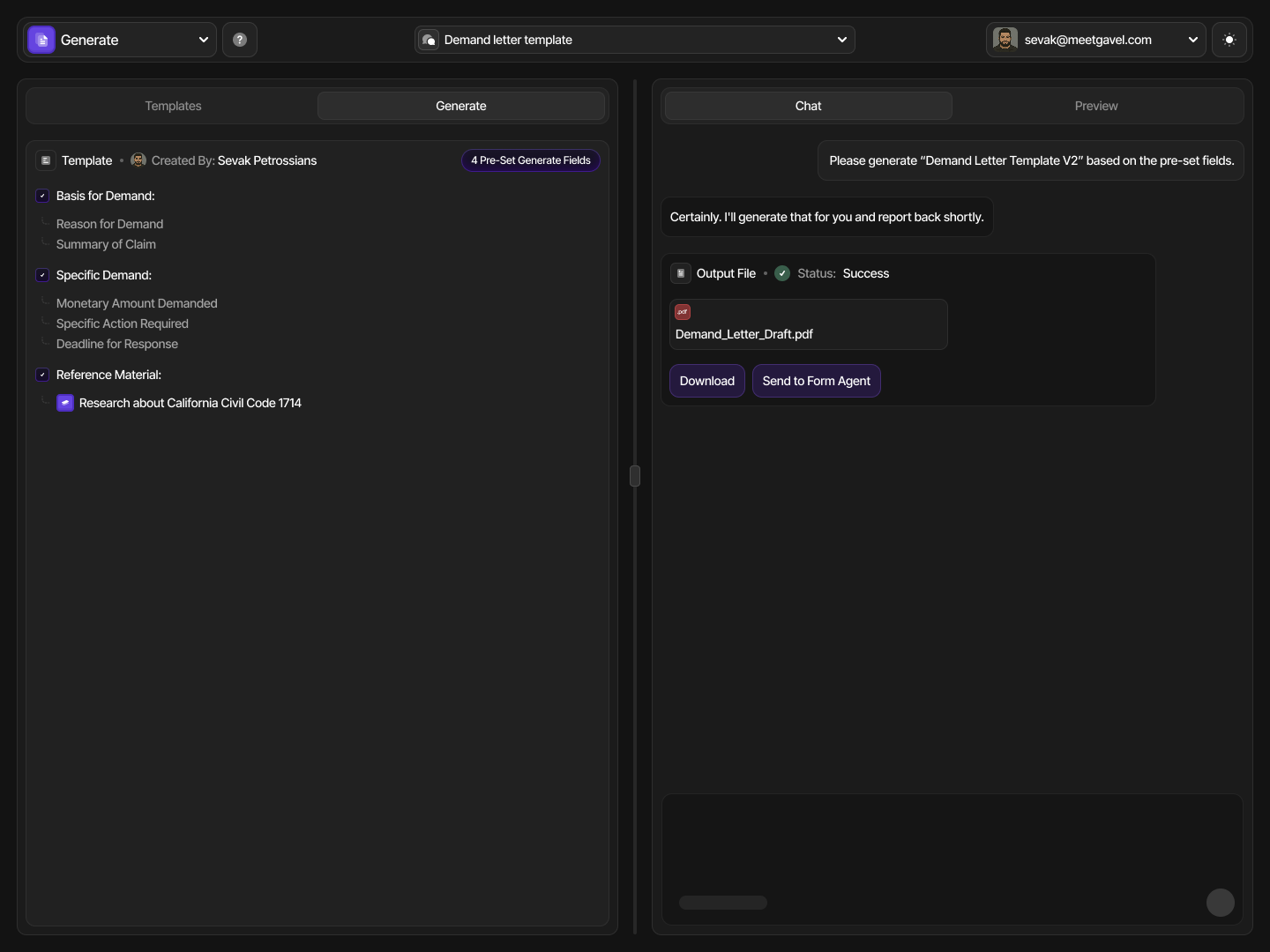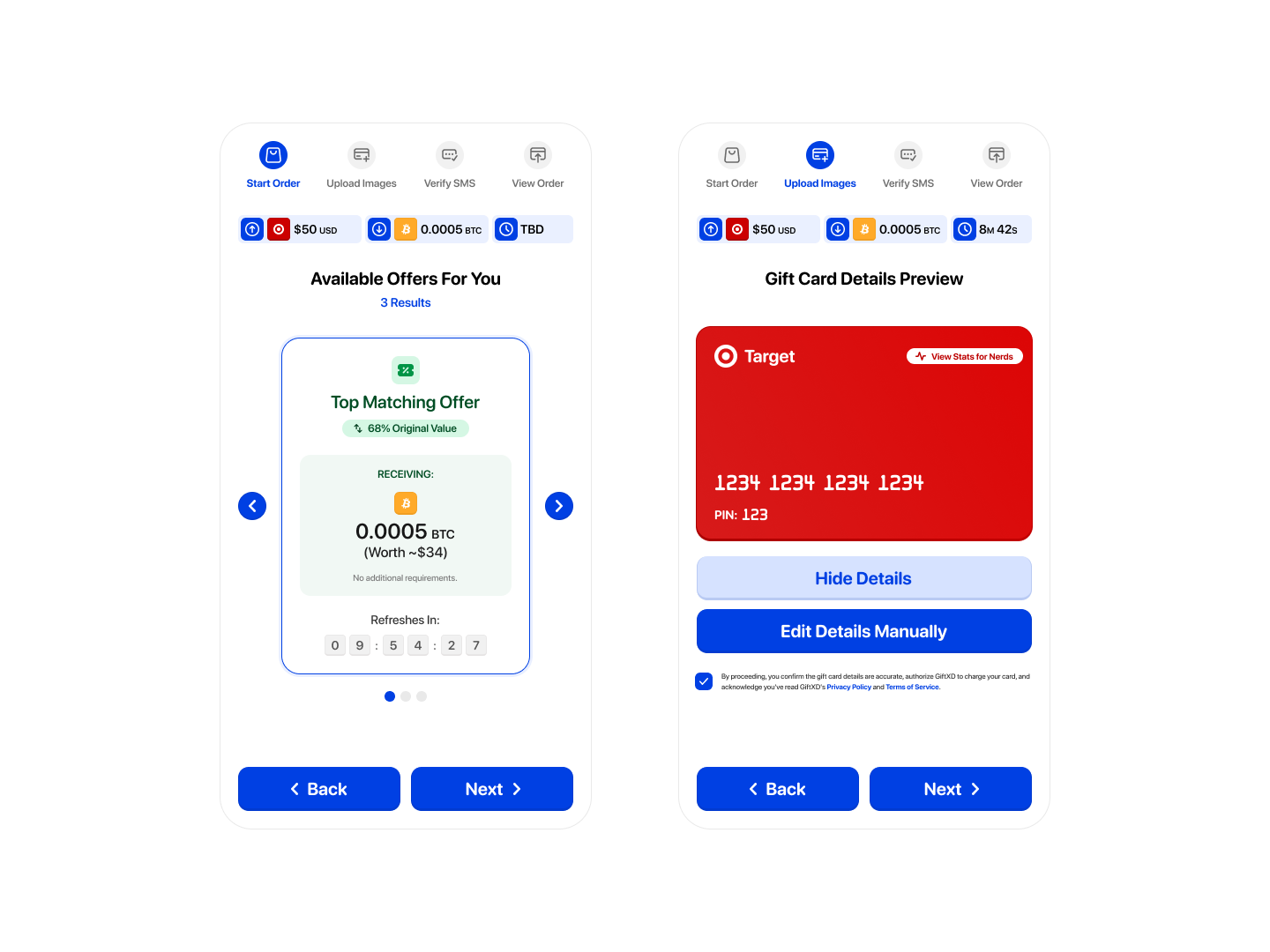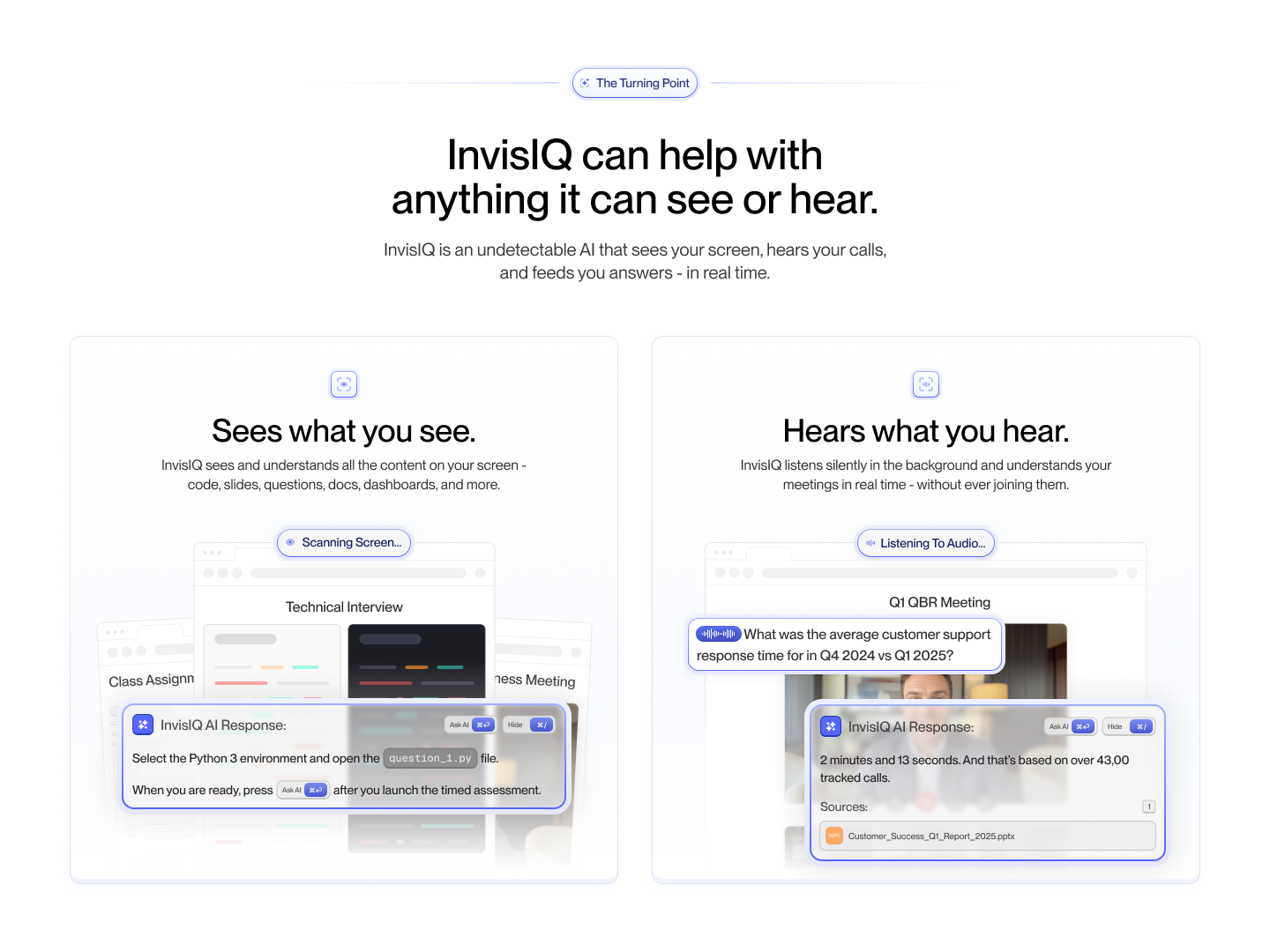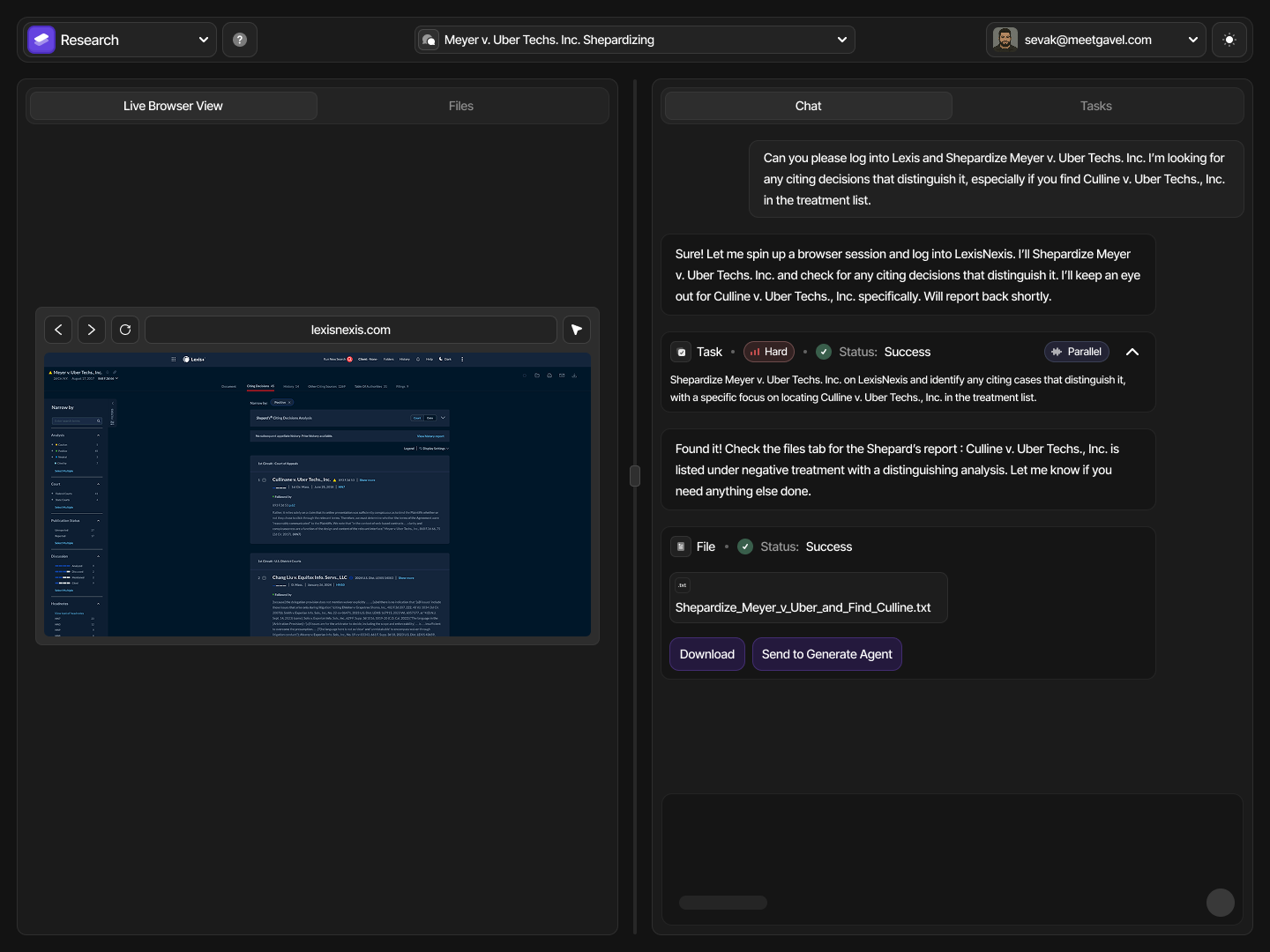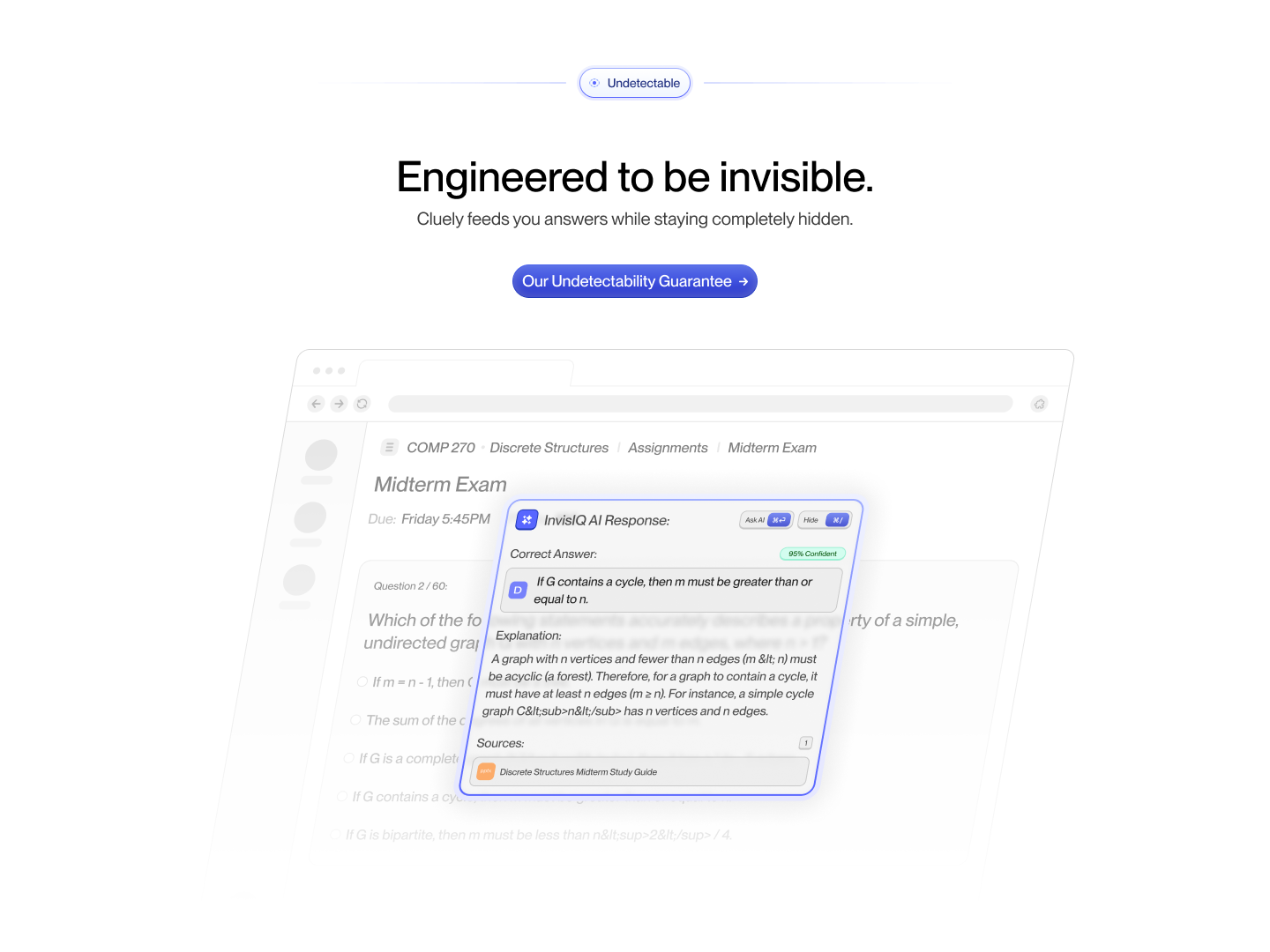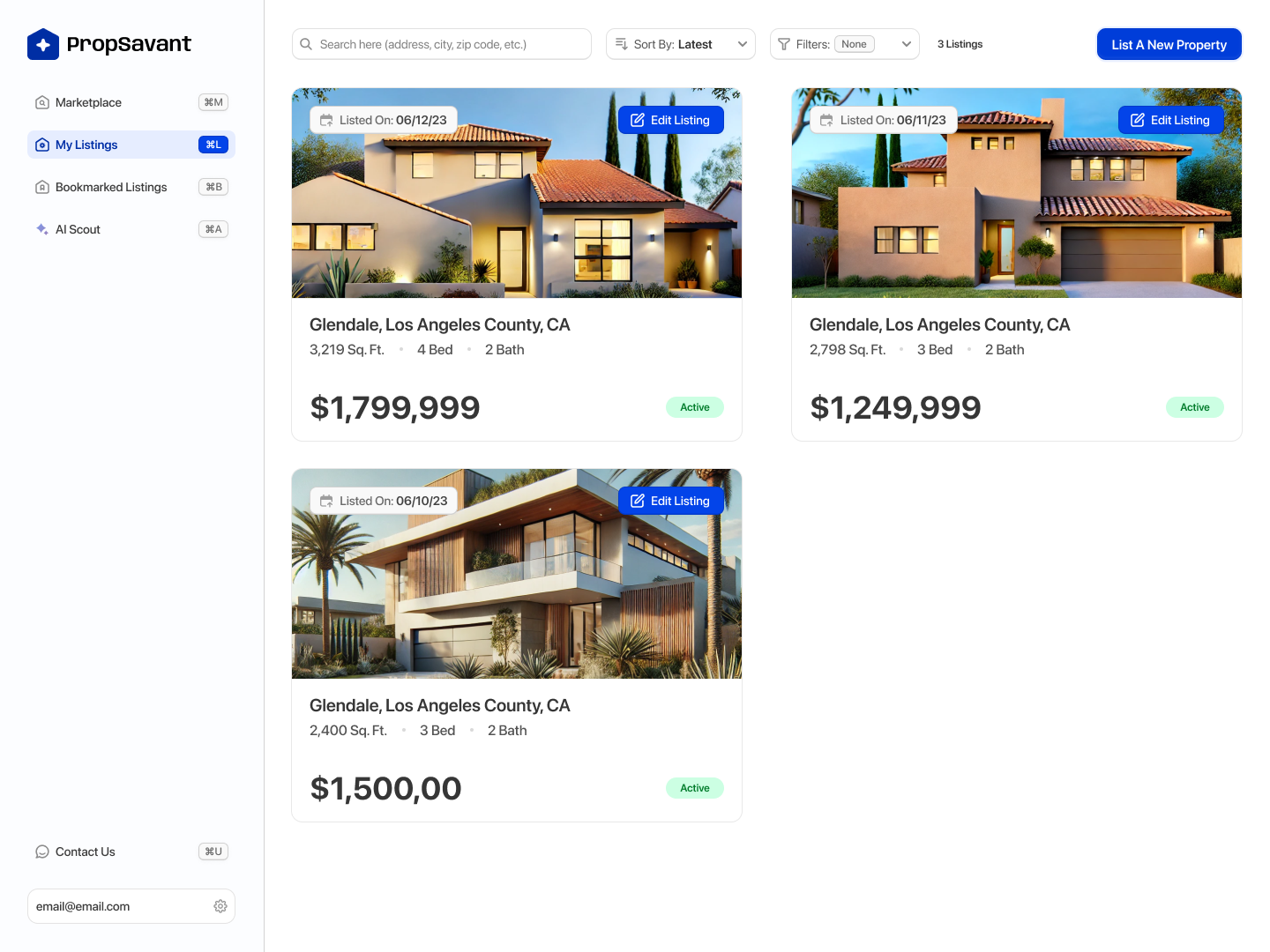I'm  Sevak, a
Sevak, a  Product Designer with
Product Designer with  5+ Years of Experience.
5+ Years of Experience.
I work on Landing Pages, Web Apps, Mobile Apps, Pitch Decks, and more.
Got a project in mind or want to hire me? Let's talk.
Featured portfolio project snippets.
Surface level view of featured portfolio projects.
MeetGavel

Culturello

InvisIQ

Get to know me a little better.
Because there's more to a person than their portfolio.

Early Years
Born and raised in SoCal, shaped by a tight-knit Armenian community and strong coffee.

Interest in Law
Curious about intellectual property and trademarks, and how creativity meets protection.
Attention to Detail
I spot the 1px misalignments most people miss and I can't let them slide.

Pitch Winner
Won a pitch contest at Glendale Community College in 2018 and even got a check.

Home Cook
I like learning recipes, tweaking them, and trying out new things in the kitchen.
Work History
Meet Gavel
•Founder
Meet Gavel
•Founder
Dec 2024 - Present
•Los Angeles, CA
UIUX For SaaS
•Product Designer
UIUX For SaaS
•Product Designer
Jan 2019 - Jul 2024
•Remote
DeepWork Studio
•Apprentice UI/UX Designer
DeepWork Studio
•Apprentice UI/UX Designer
Feb 2020 - Jul 2020
•Remote
Institute for Management Studies
•Marketing Intern
Institute for Management Studies
•Marketing Intern
Aug 2019 - Jan 2020
•Reno, NV
Education History
University of California, Irvine
•Paralegal Certificate
University of California, Irvine
•Paralegal Certificate
Jan 2025 - Mar 2025
•Irvine, CA
University of Nevada, Reno
•Bachelors of Science, Business Marketing
University of Nevada, Reno
•Bachelors of Science, Business Marketing
Aug 2020 - Dec 2022
•Reno, NV
Glendale Community College
•Transfer, Business Administration
Glendale Community College
•Transfer, Business Administration
Sep 2018 - Jul 2020
•Glendale, CA
Frequently asked questions.
Answers to questions about my experience and expertise.
Absolutely. I know some candidates shy away from them, but I enjoy the opportunity to dive deep. I usually prepare detailed redesigns, whiteboard explorations, and even full presentations when applying. It gives me a chance to show how I think and solve problems in context.
When roles like design, front-end development, and animation are split across different people, it's easy for things to get lost in translation. Even if I'm only working on the visual design, I'm always thinking ahead to what other team members will need. I'll include clear handoff notes, annotated mockups, and suggestions for implementation to make the transition smooth. And when I'm also coding or animating, I naturally create tighter alignment from the start.
Good interaction design should always support the user experience. It's easy to overdo it and create effects that feel flashy but add friction. I think about interaction as feedback. Things like skeleton loaders, subtle toasts, or staggered component loading aren't just visual - they give users a sense of responsiveness and control. If something's taking time, I want to reduce that feeling, not amplify it.
I always include documentation and notes alongside my designs. If a motion or transition is tricky to describe, I'll animate it directly in Figma or Jitter so developers can see exactly how it should feel. I try to anticipate where questions might come up and clarify them early. The goal is to remove guesswork and make the handoff as seamless as possible.
I usually start by aligning with stakeholders on business goals. From there, I jump into mid-fidelity exploration to get ideas moving quickly. I'll share early versions with the team, iterate based on feedback, and explore a few different visual directions. Once we're closer, I'll run pre-launch user tests, refine the top layouts, and move into a soft launch. After that, I monitor analytics, run targeted A/B tests on 2–3 key variants, and eventually refine things down to one direction (unless the team wants to keep live testing). I like to move fast, but I always leave room for post-launch iteration.
I'd say my style leans toward refined minimalism. I don't mean that everything I make is overly clean or sparse - it's more about clarity and restraint. My layouts give users breathing room, but they're still packed with function. On dashboards, for example, I focus on structure and hierarchy over empty space (especially when important KPIs need to be front and center). Where I go deep is in the interaction layer. Small things like hover states or subtle feedback on click can make a huge difference. Watching real users interact with interfaces (especially in session replays) has shaped how I approach every detail.
